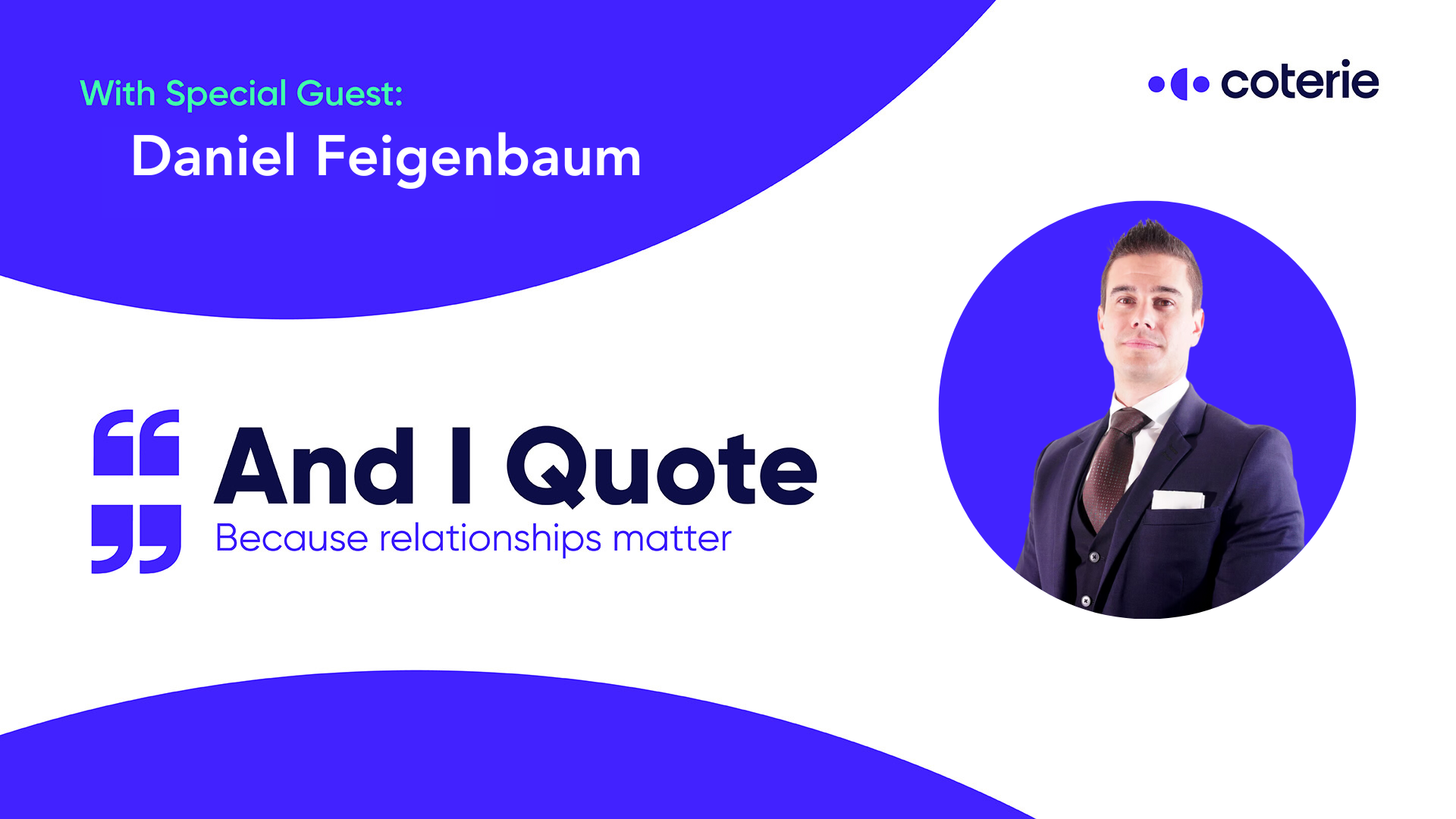By Adam Kiefer CEO at Talage
As insurance agent’s we always want to protect our clients, which includes understanding their risk and recommending the products they need. However, not all business owners fully understand or appreciate their risk or what it could mean by not being covered.
I’ve been in the insurance industry for more than 15 years and have worked on all sides of this topic, first as an agent, then on the carrier side, and now as a business owner. It’s safe to say that my entire career has centered around this very topic, which is why I am so passionate about helping you help your clients.
General liability insurance protects against harm done to others, including things like property damage, bodily injury, and reputational damage. These policies differ from ones like property insurance, which covers a company’s own property, or workers’ compensation, which covers their own employees. Instead, general liability always applies to insuring a company regarding what happens to others outside of the property and employees of the business.
Even though it is not legally required for businesses to purchase general liability insurance in order to operate, investing in this type of protection can go a long way down the road. Here are 4 benefits of general liability insurance you can share with your clients:
Benefit #1 – Protection Against the Unknown and Unexpected
Operating a business comes with a lot of risks. Some risks are expected while other risks, however, aren’t always top of mind. This is why you need to be thinking about these things for your clients.
If a company’s work involves going to customers’ property, then general liability insurance might protect them from some of the financial repercussions of damaging a customer’s office or home. For example, a painter might accidentally spill on expensive furniture and need general liability insurance to cover the cost of replacements.
On the more extreme side, a private chef might start a fire that burns a customer’s house down. Either way, these professionals might not have the ability to pay for this property damage out of pocket, so general liability insurance could help them.
Benefit #2 – Injury Claim Coverage
General liability insurance also protects against physical risks like injuring a vendor — or essentially anyone else — who visits the insured company’s workplace. A marketing agency might have a few vending machines that get restocked by a third-party company. When that vendor goes to unload the snacks and drinks one day, however, they might trip over a computer cord that was left out unexpectedly across the breakroom floor. Or, they might slip where an employee spilled water yet didn’t wipe it up.
General liability insurance could help cover the costs related to the physical injuries the vendor experiences from what might be considered negligence by the marketing agency. Or, even if the injury wasn’t the company’s fault, general liability insurance could potentially still be used to cover the medical bills of the injured.
Benefit #3 – After Purchase Protection
Sometimes products or services don’t go as expected. Malfunctioning products hurting a customer or a service causing harm after the fact is never the intention of the business owner. In addition to protecting against physical damage that might occur to people and property while a job is being done, general liability insurance can also protect businesses from damage that occurs after the product is delivered or a service is completed.
For example, a toy manufacturer might have had an unknown production issue that causes the product to easily break and injure children who play with it. Or, a restaurant might use ingredients that accidentally lead to customers getting sick. While these events are unfortunate and can take a while to reputationally recover from, general liability insurance can at least cover the financial damages that can occur from covering customers’ injury expenses.
Benefit #4 – Reputation Damage Protection
In addition to buffering businesses against the costs of physical damages, general liability insurance can also cover expenses stemming from reputational damage to others.
In some cases, reputational damage might fall under professional liability insurance, such as if an advertising agency makes a typo when creating an ad that makes a client look bad. But when it comes to general liability insurance, business owners can gain protection from instances like being sued for libel or slander, i.e., cases of more direct, negligent reputational harm, rather than ordinary professional mistakes.
For example, if an employee posts an article on the company’s blog that blasts a competitor for their shoddy business practices, yet their claims are knowingly untrue, then general liability insurance could protect against the costs from a libel lawsuit.
Even if a small business owner has no concerns over whether they personally would do something like this, you never know what someone else in the business might do. An employee might not even be acting maliciously, but they may do something negligent that causes harm, such as reposting a competitor’s content without attribution. That could be a case of copyright infringement that general liability insurance potentially protects against.
As these examples show, all types of small businesses can benefit from investing in general liability insurance. And you don’t have to sell these policies to them. Educating your clients on the risks and including examples can go a long way to keeping them protected. You build value and trust, and your clients are protected.
Purchasing these policies online and comparing options has become increasingly easier for small businesses. Offering your clients the option to compare rates on their own time, or providing the quote during your conversation could make it easier for them to purchase this policy type.





